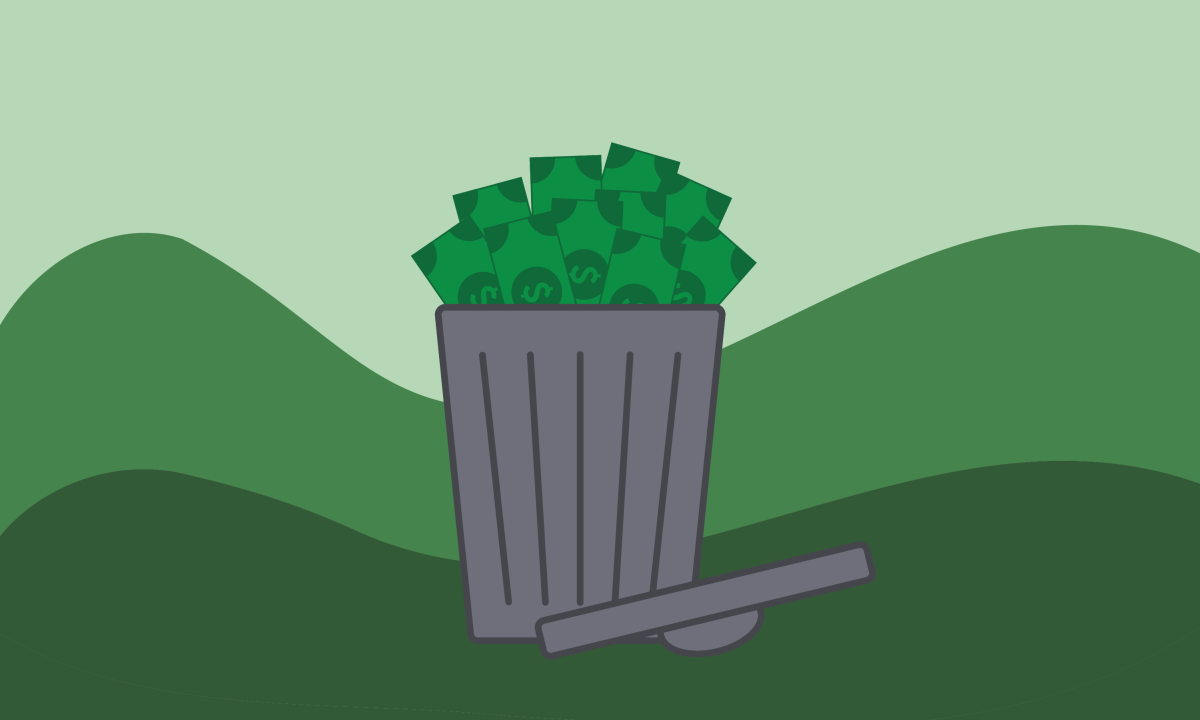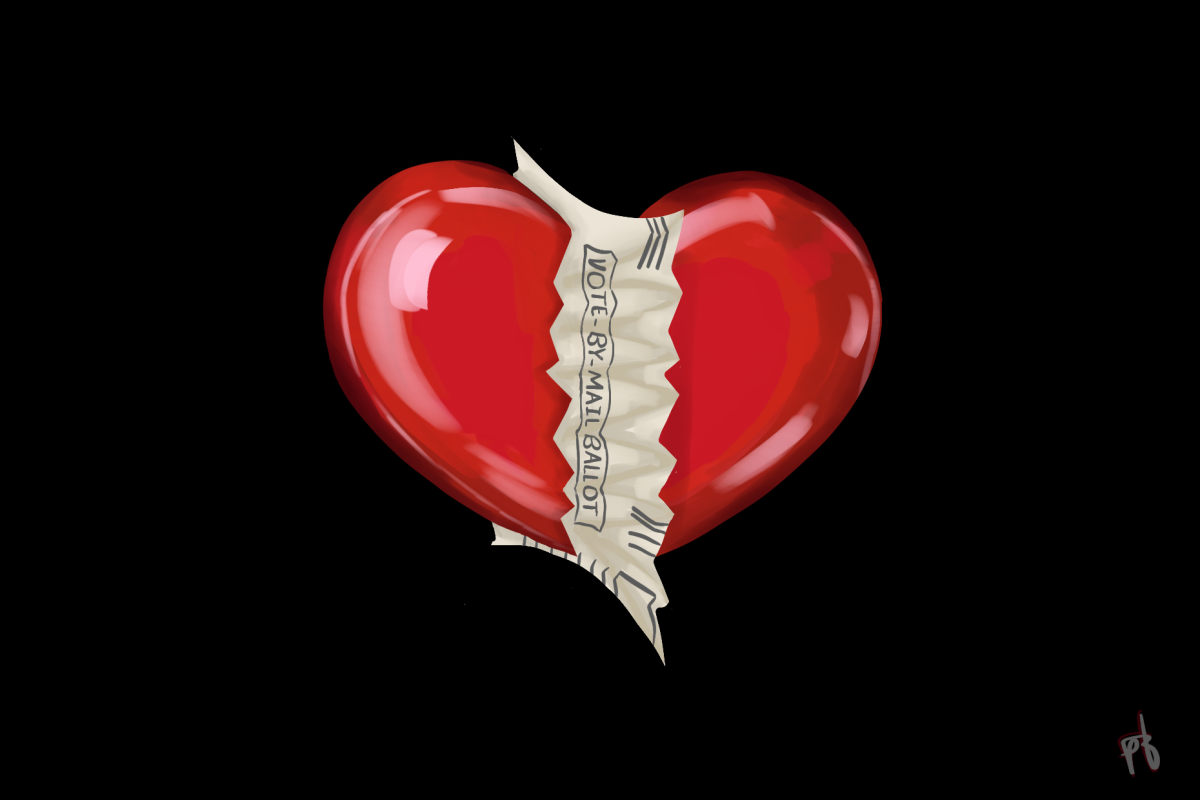“Stop scrolling right now, you absolutely NEED this product,” rang in my ears for the fifth time after a short scroll through TikTok.
The bright orange shopping cart button illuminated the lower left of my screen, tempting me to buy the newest item I didn’t need. Recently, this has become a common experience among TikTok users as dozens of viral videos flood the app, urging viewers to purchase low-priced items from the in-app feature TikTok Shop.
TikTok Shop is the latest e-commerce platform that has garnered attention because of its free shipping, low prices and generous coupons. While the incentives draw customers looking for more bang for their buck, it’s the influencers who are really sealing the deal.
TikTok Shop allows anyone to link items from the store to their videos, making it harder to distinguish between genuine reviews and product ads. These smaller creators influence niche audiences not reached by influencers to buy.
If users buy the item linked in a video, the creator will get a portion of the sales they help generate. The only indicator for ads is a small, fine print statement that reads “eligible for commission” or “commission paid,” at the bottom of the screen.
The popularity and business model of TikTok Shop is similar to online shopping platforms like Temu, AliExpress and Shein. These shopping apps offer insanely low prices and a wide range of household items, a business model that has raised ethical and environmental concerns.
It is only now that people are gauging these apps’ influence on the trends and products that customers spend their money on. From the Stanley Cup craze to the Squishmallow obsession during the pandemic, it’s clear that apps like this have changed how consumers shop.
For a while, the hashtag #TikTokMadeMeBuyIt dominated the algorithm and featured people showing the products they purchased after being influenced by the app. The hashtag amassed over 38 billion views as of January 2023. A report by Envision Horizons found that 72% of Gen Z consumers discovered new products on TikTok.
It is no secret that mass consumption and capitalism are deeply ingrained in American consumer culture.
Celebrations like Black Friday and Cyber Monday are prime examples of the extent of overconsumption and how far people are willing to go for a good deal. Now with the rise of the internet and social media, people buying like never before.
Raj Raghunathan, author and marketing professor at UT Austin, studies consumer behavior. He said he believes this shift is because people are more likely to replace an item when a small part of it breaks.
“There is less of a repair and reuse culture and more of a buying culture,” Raghunathan said.
He said consumption serves as a coping mechanism and that someone’s emotions affect what and when they buy. If you’re feeling stressed out, you might spend money on comfort foods, while loneliness tends to influence people to buy products to keep up with celebrity culture, Raghunathan said.
A study by the University of Iowa reported that some impulsive behaviors like unplanned spending actually help people cope with loneliness.
“[While] sadness might promote the desire to compensate for the [feeling] by acquiring something that makes them feel a little better about themselves,” Raghunathan said.
However, while shopping might be a coping mechanism for some, to others, it’s a fun hobby.
Sophie Sadetaporn, a management information systems junior at UT, collects blind box figures. Blind boxes are collectible figurines that keep the contents secret until opened. She said she spent about $600 on 30 figurines, a hobby she began with her sister.
“My sister is also a huge collector and we’re really close growing up, like two peas in a pod,” she said.
Sadetaporn said there are internal and external factors that influence her decision to continue buying blind boxes, her connection with her sister is one of them.
Indulging in retail therapy also has positive effects on the body. The Cleveland Clinic reported that dopamine increases in the brain even while browsing for an item to buy. In anticipation of the reward, the body releases a dopamine rush, causing a feeling of pleasure.
Although buying things can invoke positive emotions, it’s important to only spend within our monetary limits to stay out of financial trouble. So next time you find yourself scrolling through TikTok, contemplating buying something, remember it’s okay to allow yourself to indulge in retail therapy, but make it a point to ask yourself, “do I really need this?”

































